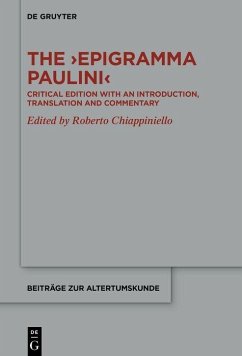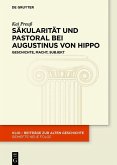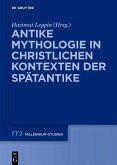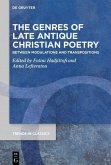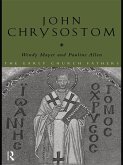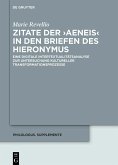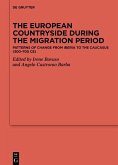The Epigramma Paulini (110 hexameters) is a late-antique poem of unknown date and authorship (arguably written during the first decade of the fifth century AD), preserved by only one (Carolingian) manuscript. While the outside world is torn by outbreaks of war and social unrest, the poem's three characters discuss people's behavior and reaction to the crisis. What should one change to stop social and political decline? What hope does one have to end the crisis and to rebuild a new society? These are some of the questions the three characters of the poem strive to answer.
In recent years, scholars have paid some attention to this piece, mainly drawn to it by a singular insertion of satire within the frame of Vergil's pastoral model; however, no close study of the poem had been published. This first critical edition provides an in-depth exploration of the poem's message and its innovative contribution to the reception of classical, pagan literature in a Christian context.
Roberto Chiappiniello, University of Manchester, Great Britain.
Dieser Download kann aus rechtlichen Gründen nur mit Rechnungsadresse in A, B, BG, CY, CZ, D, DK, EW, E, FIN, F, GR, HR, H, IRL, I, LT, L, LR, M, NL, PL, P, R, S, SLO, SK ausgeliefert werden.

